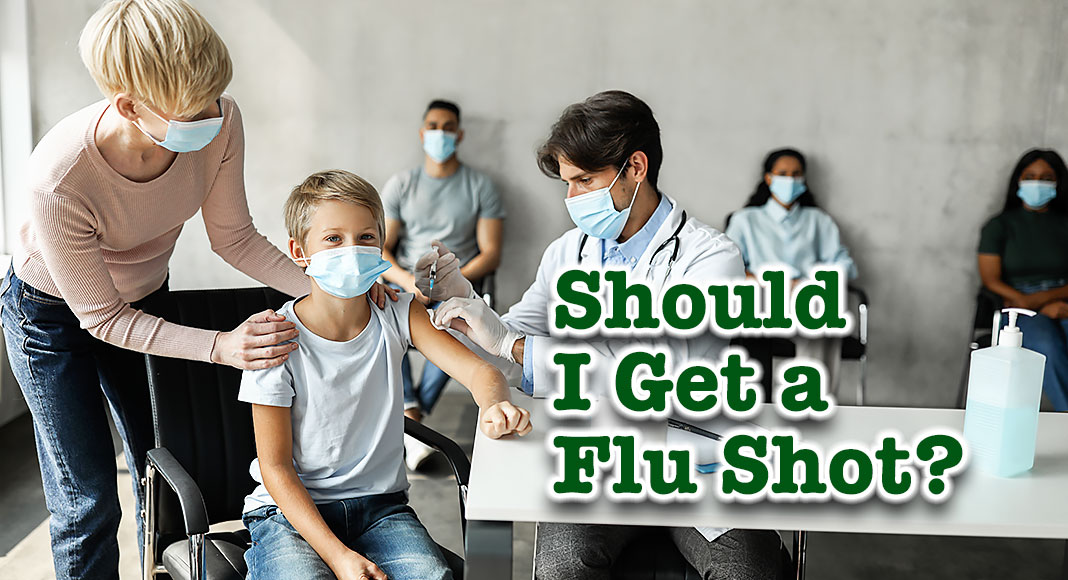
Mega Doctor News
CDC – Everyone 6 months and older should get a flu vaccine every season with rare exceptions. Vaccination is particularly important for people who are at higher risk of serious complications from influenza. A full listing of people at Higher Risk of Developing Flu-Related Complications is available.
Flu vaccination has important benefits. It can reduce flu illnesses, doctors’ visits, and missed work and school due to flu, as well as prevent flu-related hospitalizations and deaths.
Different flu vaccines are approved for use in different groups of people.
- There are flu shots approved for use in children as young as 6 months old and flu shots approved for use in adults 65 years and older.
- Flu shots also are recommended for pregnant people and people with certain chronic health conditions.
- The nasal spray flu vaccine is approved for use in non-pregnant people who are 2 years through 49 years of age. People who are pregnant and people with certain medical conditions should not receive the nasal spray flu vaccine.
There are many vaccine options to choose from. CDC does not recommend any one flu vaccine over another. The most important thing is for all people 6 months and older to get a flu vaccine every year.
If you have questions about which flu vaccine to get, talk to your doctor or other health care professional. More information is available at Who Should Get Vaccinated.
Who Should Not Receive a Flu Shot:
Most people should be vaccinated for influenza each year, But some people should not be vaccinated, or should not receive some types of influenza vaccines, depending upon things such as their age, health (current and past) and whether they have certain allergies.
Information about who cannot get a flu vaccine and who should talk to their doctor before getting a flu vaccine is available at Who Should & Who Should NOT Get Vaccinated.
Special Consideration Regarding Egg Allergy
People with egg allergies can receive any licensed, recommended age-appropriate influenza vaccine (IIV4, RIV4, or LAIV4) that is otherwise appropriate. People who have a history of severe egg allergy (those who have had any symptom other than hives after exposure to egg) should be vaccinated in a medical setting, supervised by a health care provider who is able to recognize and manage severe allergic reactions. Two completely egg-free (ovalbumin-free) flu vaccine options are available: quadrivalent recombinant vaccine and quadrivalent cell-based vaccine.
Get vaccinated before flu season starts
It takes about two weeks after vaccination for antibodies that protect against flu to develop in the body.
September and October are generally good times to be vaccinated against flu. Ideally, everyone should be vaccinated by the end of October. Additional considerations concerning the timing of vaccination for certain groups include:
- Adults, especially those 65 years and older, should generally not get vaccinated early (in July or August) because protection may decrease over time, but early vaccination can be considered for any person who is unable to return at a later time to be vaccinated.
- Children can get vaccinated as soon as vaccine becomes available, even if this is in July or August. Some children need two doses of flu vaccine. For those children it is recommended to get the first dose as soon as vaccine is available, because the second dose needs to given at least 4 weeks after the first.
- Early vaccination can also be considered for people who are in the third trimester of pregnancy, because this can help protect their infants during the first months of life (when they are too young to be vaccinated).









